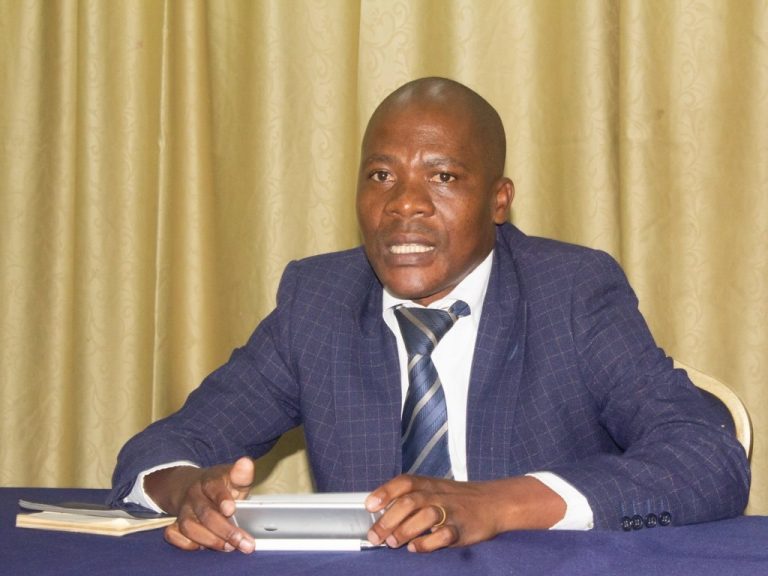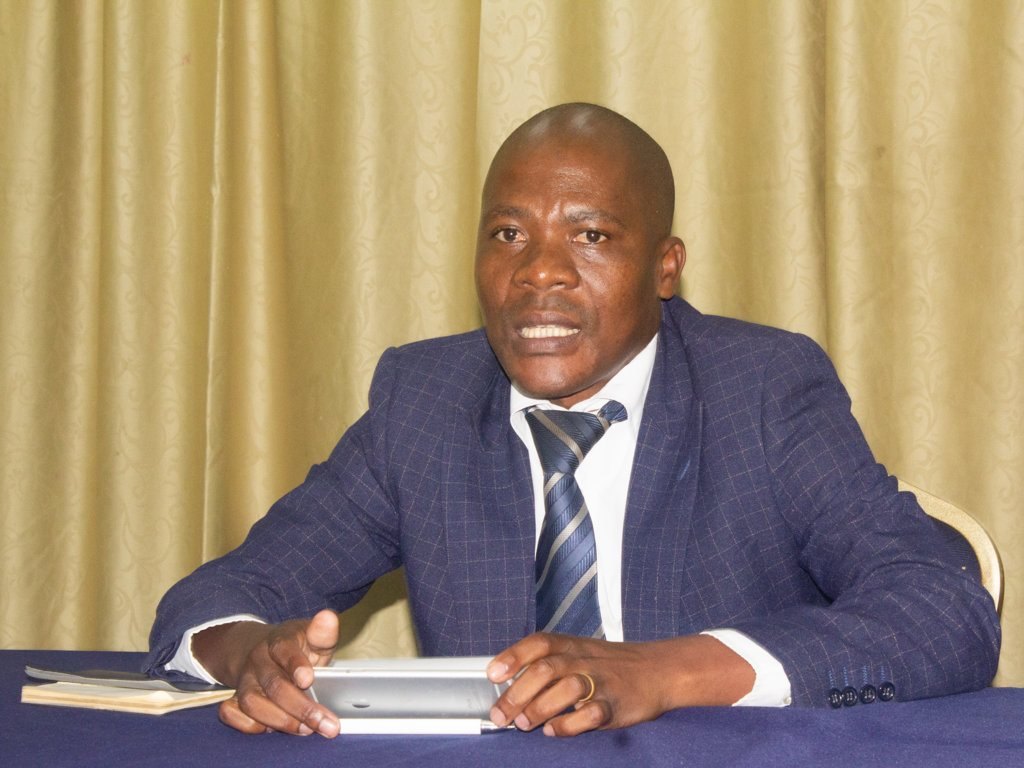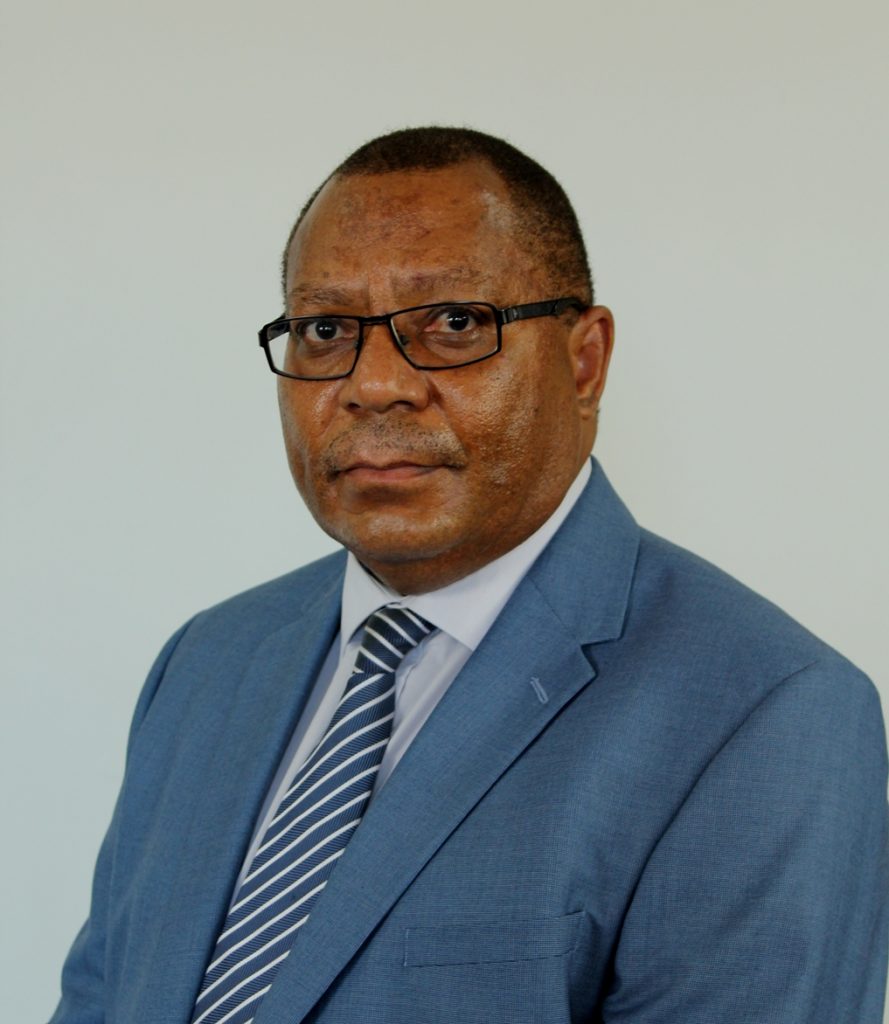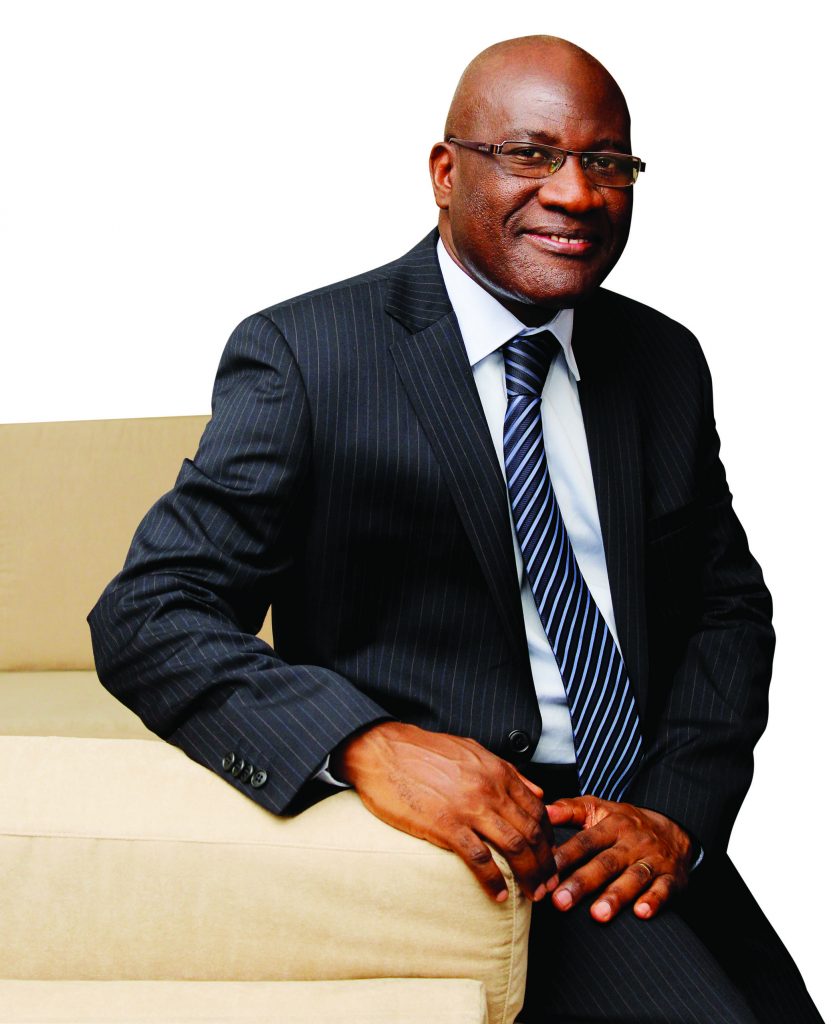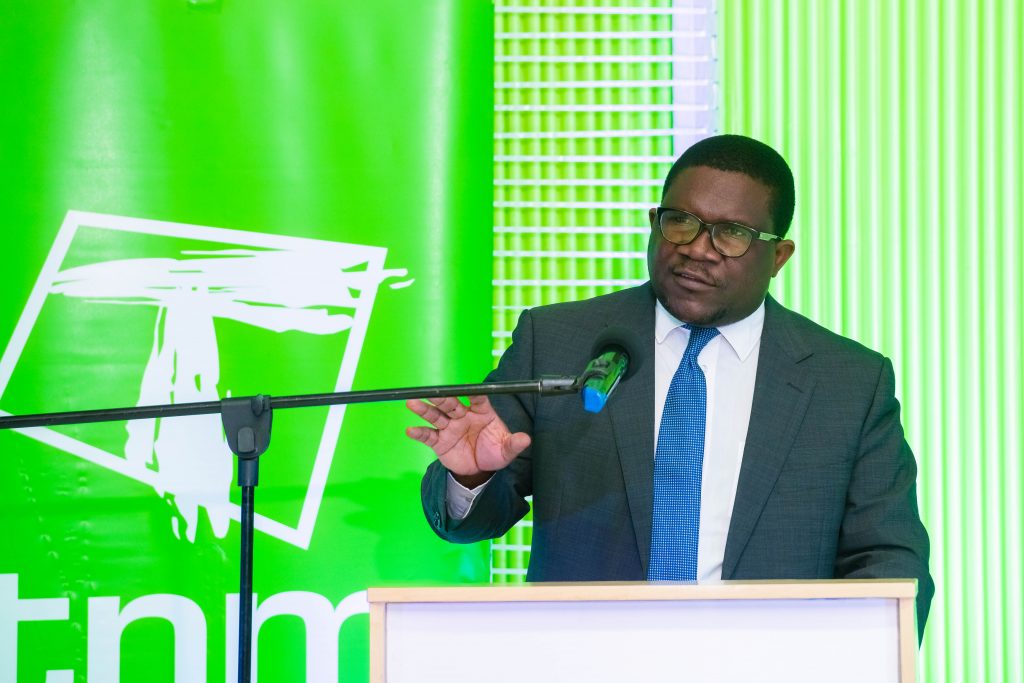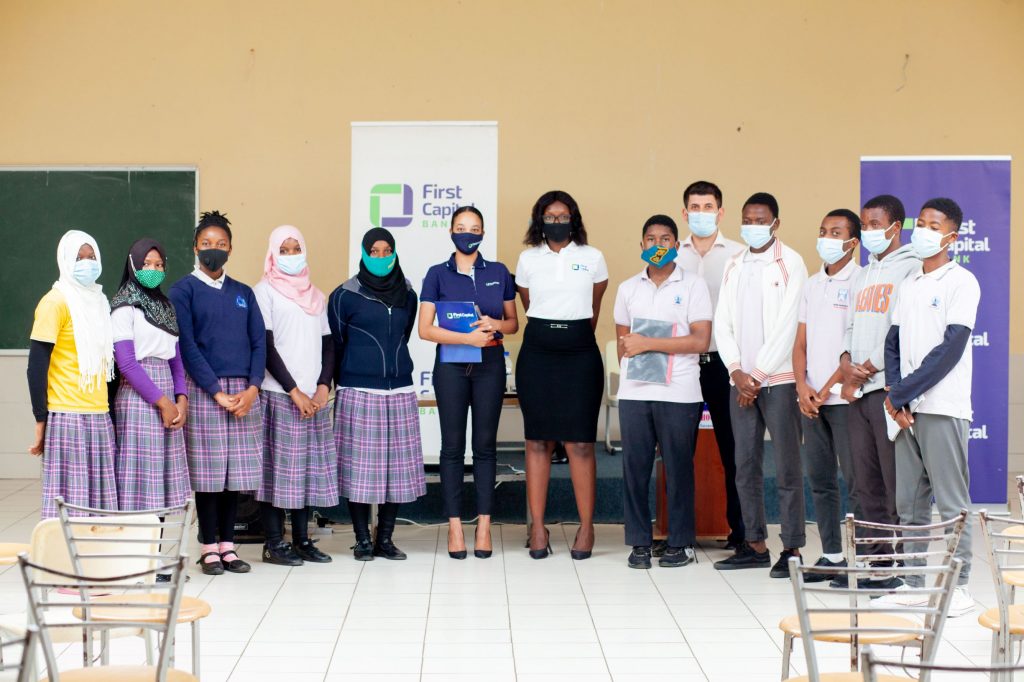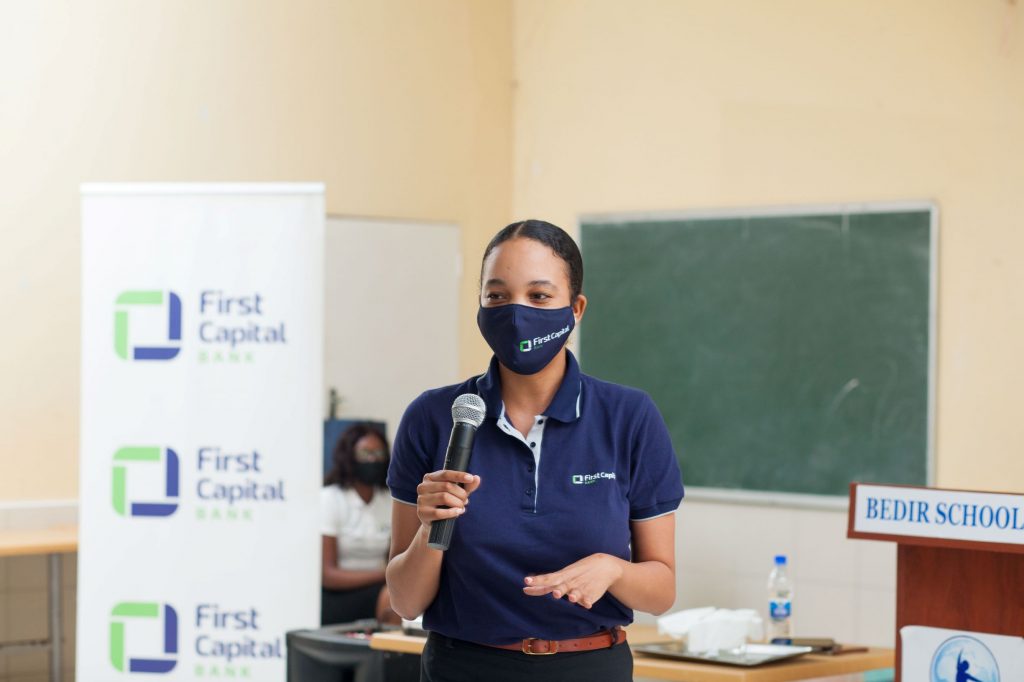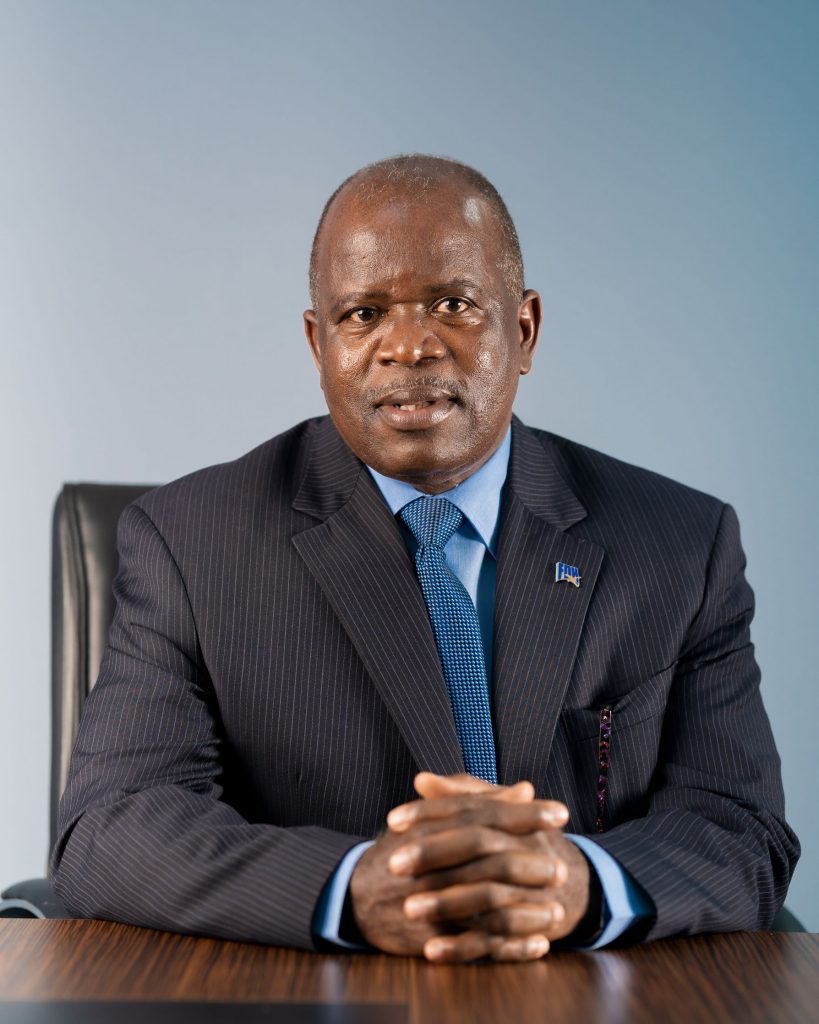
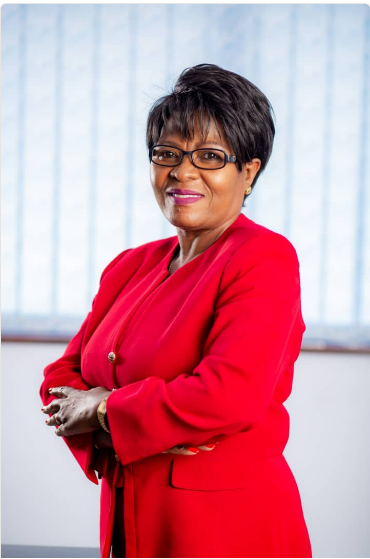
Listed FDH Bank plc has reported an after tax profit of K14.9 billion for the year ending 31 December 2020 from a restated after tax profit of K5.19 billion the previous year.
In a statement signed by the Bank’s Chairperson Charity Mseka, Director Ulemu Katunga, managing Director Ellias Ngalande and Head of Finance Richard Chipezaani, the bank said it achieved the impressive financial results amid a challenging operating environment.
“Net Interest Income went up by 77% on the back of an increase in the loan book and other interest bearing assets. Interest expense went up by 15.8% reflecting the growth of the Bank’s deposits.”
“Non-interest Income in the year was significantly affected by the Covid-19 pandemic. Digital financial services fees were reduced by 40% to encourage people to transact more on digital platforms to reduce the spread of Covid-19. International trade and local business transaction volumes were affected by lock downs in trading partner countries which slowed down the economy,” read the statement in part.
The bank said total non-interest income could have dropped by 34% before the restatement and that as a result of the restatement, a significant portion of this revenue was recognized in 2020 after being restated from 2018 and2019.
“This resulted in non-interest income to grow by 29% from K22.02 billion in 2019 to K28.378 billion in 2020 after restatement,” reads the statement.

On the operating environment, the Bank said the Covid-19 pandemic negatively affected global and local economic growth in 2020 with the global gross domestic product (GDP) shrinking by an estimated 3.5% in 2020 while Malawi’s GDP grew by around 1.2%. This was, the Bank noted, from an initial pre-pandemic local GDP growth projection of 5.1% according to the Reserve Bank of Malawi (RBM).
“The slowdown in the economy has affected productivity in many sectors with most businesses operating at reduced capacity. This has also increased the expected credit losses as some businesses are expected to struggle to meet their financial obligations,” reads the statement in part.
FDH Bank plc also noted that the Kwacha depreciated against the United States dollar and other major currencies in the second half of 2020 due to the increased negative trade balance as exports slowed down due to logistical challenges resulting from lock downs while imports increased due to importation of Covid-19 related materials. This increased the cost of all foreign-based contracts that the Bank has.
FDH Bank which successfully listed on the Malawi Stock Exchange on 3rd August 2020 with 20% shares being offered to the general public, paid an interim dividend of K3.0 billion in respect of 2020 profits on 26 March 2021 to members appearing in the register of the Company as at close of business on 12 March 2021.
The Bank envisages that the economy is expected to recover from the Covid-19 pandemic in 2021 but with the new wave of cases the 2021, Growth Domestic Product (GDP) growth prospects are likely going to be subdued.
“Global GDP growth for 2021 is expected to reach 5.54% while the local GDP growth is projected to be 4.5% contingent on the evolution of the pandemic according to the Reserve Bank of Malawi. Inflation is expected to average around 8%. We anticipate the Kwacha/US Dollar exchange rate to continue to depreciate in 2021 due to the high negative trade balance.”
“To continue being competitive and exploit existing and emerging opportunities in the market and deliver value to our customers, shareholders and other stakeholders, we have reviewed and developed a new cycle of strategic objectives to run from 2021 to 2024.”
“Leveraging on our market position, widest distribution network, effective digital platform, brand equity, and strong financial performance, we will focus on growing revenue and market share, reducing operating cost for sustainable performance and profitability, creating highly engaged employees and contributing significantly to the creation of an inclusive, diverse and sustainable society,” reads the statement in part.









